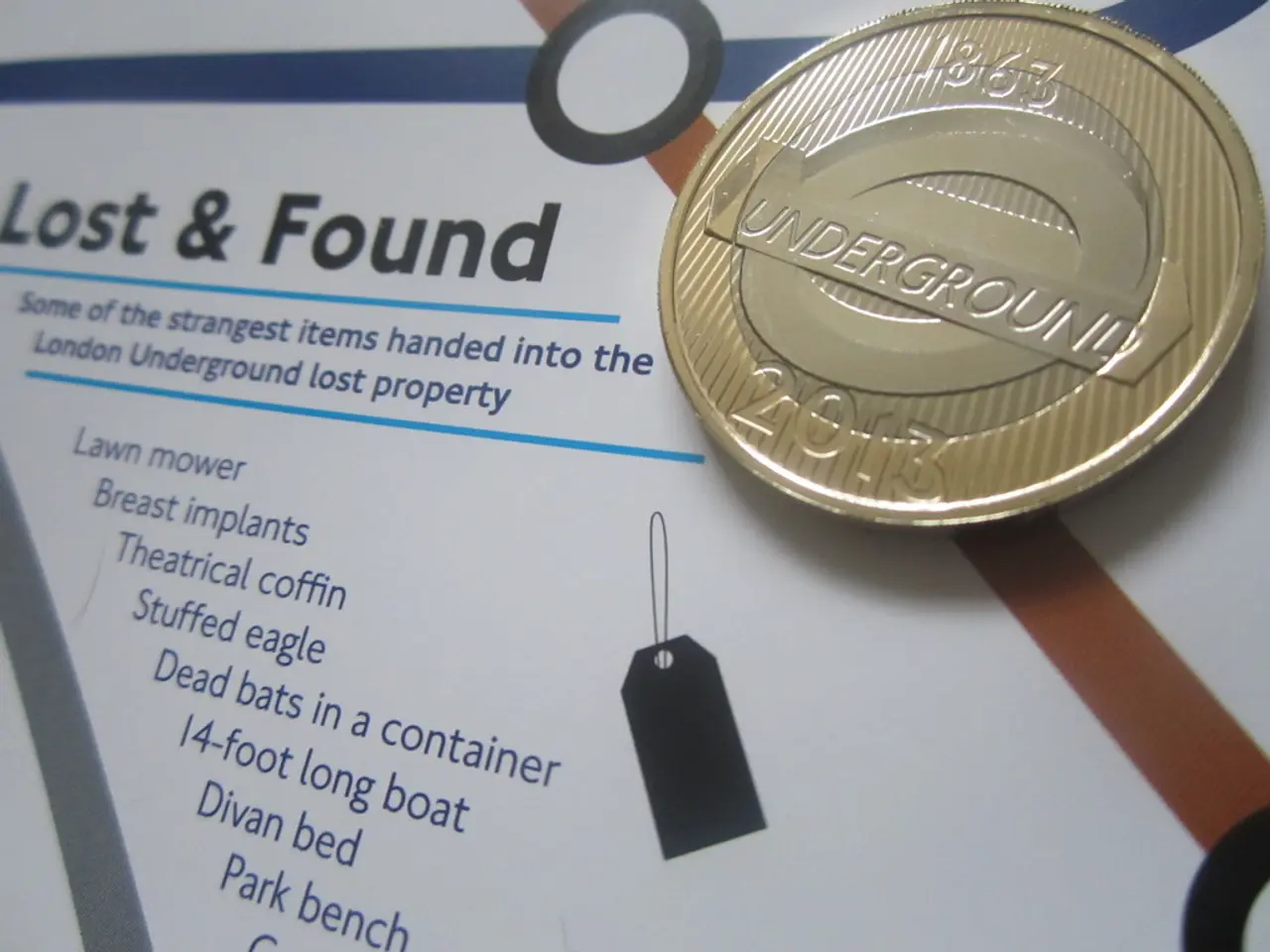"Europe upholds leading data privacy standards in decentralised technologies"
The European Data Protection Board (EDPB), a key EU data protection authority, has published guidelines aimed at addressing the challenges blockchain technology poses to compliance with the EU's General Data Protection Regulation (GDPR). The guidelines, known as Guidelines 02/2025, emphasize the difficulty of applying traditional GDPR principles to decentralized, immutable blockchain networks.
Key points of the EDPB's guidelines include treating decentralized blockchain networks similarly to traditional databases for GDPR compliance, clarifying roles such as data controller and processor in blockchain contexts, and recommending privacy-enhancing techniques like encryption and anonymization to reduce GDPR risks when processing personal data on-chain.
However, these guidelines have received substantial critique from industry groups, with concerns that they misunderstand the fundamental features of blockchain technology and are practically unenforceable for blockchain entities, potentially hindering innovation without effectively ensuring privacy compliance.
The guidelines aim to balance innovation and privacy in Web3 by upholding GDPR protections and encouraging the exploration of privacy-enhancing technologies like zero-knowledge proofs and pseudonymization. However, the tension remains considerable because blockchain’s immutability and decentralization fundamentally conflict with GDPR’s rights and accountability mechanisms.
The EDPB's guidelines position on several aspects includes:
- GDPR Applicability: Blockchain must comply with GDPR as a data processor/controller, but it's challenging to identify controllers in a decentralized context, making compliance enforcement impractical.
- Data Subject Rights: Enabling erasure, rectification, and access on immutable ledgers is technically challenging or impossible on-chain.
- Privacy Enhancing Methods: Encouraging anonymous, pseudonymous, or encrypted data on-chain, but the guidelines may not fully grasp blockchain complexity.
- Innovation vs. Privacy Balance: Striving to ensure GDPR adherence without stifling innovation; promoting new privacy tech, but industry fears overreaching regulation could stifle blockchain development.
This cautious regulatory approach prioritizes privacy protection under GDPR but currently struggles to reconcile with blockchain’s decentralized innovation model, leaving an open debate on suitable frameworks for Web3 privacy and compliance.
The EDPB’s 2025 guidelines and the ongoing stakeholder consultations represent the EU’s leading regulatory stance on blockchain and GDPR compliance. If you're interested, I can provide further detail on specific privacy-enhancing technologies proposed or the technical challenges of GDPR compliance on blockchains.
[1] Source for industry critique: Crypto Council for Innovation [5] Source for ongoing debate: Various industry reports and expert analyses
Read also:
- 1. Key Points for August 14: Gathering in Alaska, Immigration Enforcement (ICE), Financial service Zelle, Infowars, and Air Canada Airline Incidents
- Automobile manufacturer IM Motors reveals an extended-range powertrain akin to installing an internal combustion engine in a Tesla Model Y.
- Conflict Erupts Between Musk and Apple Over Apple Store's Neglect of Grok
- Partnership between MTN South Africa and SANTACO aims to advanced transportation systems and stimulate economic opportunities for the masses in South Africa.








